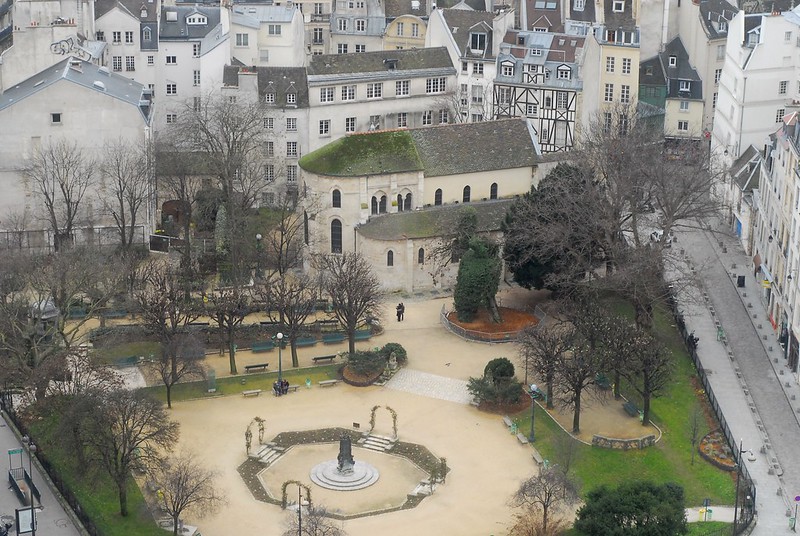Photo post of the month
In which we go to a misty Paris


A homage to loading screens.
In which we go to a misty Paris

In which we discuss the language barrier
Back when I was 11, I started secondary school, and we started to learn French.* Like most English children who learn French, one of the first words we came across was salut. As a greeting, for use with friends, something like “Hi”.
In which we try to justify a one-line description
I recently said that Maximilien Robespierre was, well, one of the villains of the French Revolution. And – well, he is and he isn’t. He’s also someone who, in many ways, I admire: that’s not really a way you can describe a villain. But, having thought of the handy “for some people he’s a hero, for others he’s a villain” line, I couldn’t bring myself to call him a hero.
In which we discuss differences between Britain and France
Politics seems to have become a bit of a grind at the moment. The same stories, over and over, over and over until all the details get confused; the government pushing on grim-faced against public opinion, and the Tories trying to jump onto the election-calling bandwagon on the grounds that they expect to win the election and want it to come along ASAP. It might be the sort of politics that needs doing; but it’s not the sort of politics that stirs the imagination. It’s hardly another revolution.
In which we discuss books and the French Revolution
One thing about yesterday’s post: it gives you a good look at the state of one of our bookshelves. Not a good enough look to make out what most of the books are, though, unless they’re books with distinctive spines that you’re already familiar with – like Peter Ackroyds’s London, for example.
In which we explain why we were in France
Talking of Catherine and Arnaud, incidentally: they were the reason I was in France taking photos of over-priced salad cream last week. They were having a party; not an anniversary party, but a housewarming, or crémaillaire. That word, apparently, relates to an ancient French custom of hanging up a butter churn when moving into a new house. So I’m told, anyway: my French really isn’t up to much.* If you want to see photos, though, you can do.
In which we study the markup on an import
This was seen in the large Parisian department store Galaries Lafayette* the other day, in the “Epicerie Britannique” section of the gourmet foodhall:
 Newer posts »
Newer posts »